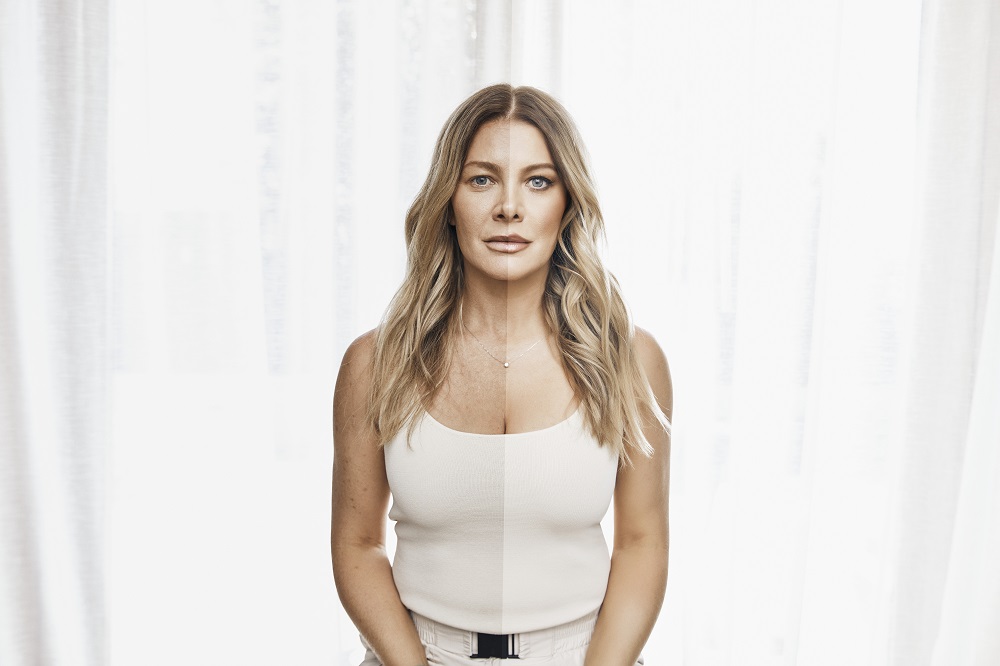The concept of ‘self-acceptance’ can sometimes have you thinking of yoga retreats, hour-long baths or pamper weekends. In essence though, ‘self-acceptance’ when it comes to body image is about developing a kind, accepting and respectful relationship with our bodies, including what they look like and what they can do.
‘Self-acceptance’ isn’t a quick fix and it’s something that takes practice and attention throughout our lives, from childhood to adulthood. This investment in developing self-acceptance and positive body image leads to better mental and physical health. Studies have also shown that parents, caregivers, family members or mentors who have positive body image are more likely to have children with body confidence.
It’s not easy to change the way you feel about your body, which is why we’ve enlisted the help of Dr Philippa Diedrichs, a Professor of Psychology and advisor to the Dove Self-Esteem Project, the world’s largest provider of self-esteem education, to share and evidence-based guide to self-acceptance:
1) Listen to your body’s needs.
It might sound simple but listening carefully to your body’s signals and needs is a core element of positive body image. This can be challenging, as there can be so much “noise” from media, influencers, family members and friends about how we should eat, move and be. Try to take a few moments throughout the day to connect with your body; notice how alert or tired you feel, any tension in the body and how hungry you are. Then try to meet those needs with rest, food that you enjoy and that makes you feel good, and enjoyable movement,
2) Think carefully about how you use social media.
There is a wealth of positive and uplifting content on social media, however, it can be easy to fall into the ‘highlight reel’ trap and endless scrolling, especially when you have had a difficult day. The problem with filters is that they perpetuate a beauty ideal that can’t be achieved in real life, often leading to low self-esteem and body confidence. Start by doing a follower audit and remove any accounts that don’t make you feel good. Make social media a space that encourages positivity and creativity, rather than comparison projects.
3) Practice gratitude for what your body can do.
We spend a lot of time focusing on what our bodies look like and what we would like to change about our appearance. Expanding our thinking about our bodies and seeing them as powerful and complex tools with lots of different functions is a core part of body confidence. A few times a week, write down or make a voice memo of things your body does that you appreciate; this could include being able to hug your child with your arms, using your voice to express yourself, using your hands to create art, the tastebuds in your mouth that allow you to enjoy food, the gentle consistency of your breath and how it grounds you.
4) Practice mirror affirmations.
From an early age, women are encouraged to take up less space, to speak less, to deflect compliments and to critique their bodies. Practice self-acceptance by standing in front of a mirror a few times a week and saying (out loud or in your mind) five things you like about the way you look and five things you look about your attributes (e.g., your humour, your intellect, your kindness, your talent for business). If it feels hard to identify 10 things, start smaller and work your way up.
As well as developing our own self-acceptance and body confidence, we all have an important role to play in shaping the body image of children in our lives. As part of their Reverse Selfie campaign, I worked with Dove to create the Confidence Kit to provide parents, teachers, and caregivers with practical solutions to help boost their child’s body confidence and self-esteem. The Confidence Kit is an online tool (free to download via the Dove website) designed to help parents and carers support children overcome appearance pressures and learn how to navigate social media in a healthy way.
Professor Phillippa Diedrichs
Professor Phillippa Diedrichs is a research psychologist known internationally for creating evidence-based strategies to improve body image and mental health in community, business, and policy settings. With a PhD in Health Psychology, she is passionate about creating environments that accept diversity in appearance and support people, particularly girls and women, to live free from the constraint of appearance concerns.








